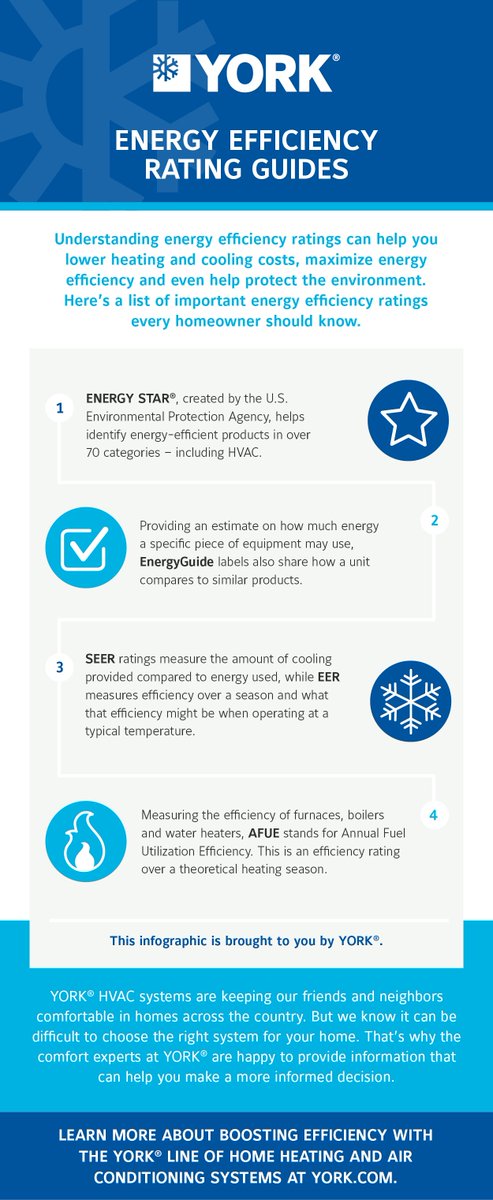When making a decision between air source and ground resource heatpump, you may find yourself weighing factors like efficiency, price, and ecological impact. Each alternative provides distinct advantages, however which one lines up ideal with your requirements and concerns? As you check out the distinctions in between these 2 kinds of heatpump, you'll discover essential insights that can guide you towards making a notified choice that suits your special scenarios. Stay tuned for a deeper study the subtleties of air resource versus ground source heat pumps to assist you navigate this important option.
Efficiency and Efficiency Comparison
When comparing air source and ground source heat pumps for efficiency and efficiency, it's essential to take into consideration exactly how each system runs in different conditions. Air resource heat pumps extract warmth from the outside air, making them extra prone to fluctuations in temperature level. This implies they might be less efficient in extremely chilly environments.
On the other hand, ground resource heat pumps utilize steady below ground temperatures for warm exchange, supplying even more consistent performance no matter outside climate condition. Ground resource heatpump are commonly much more energy-efficient over time because of the steady warmth source underground. Additionally, ground source heat pumps often tend to have a much longer life expectancy compared to air source heatpump, which can impact long-lasting performance and upkeep prices.
Price Analysis: Installment and Upkeep
For a comprehensive contrast between air source and ground resource heat pumps, it's vital to assess the costs related to their installation and maintenance. Air source heatpump typically have reduced in advance installation expenses compared to ground source heatpump. The setup of air source heat pumps includes much less complex excavation and drilling, making it a more affordable alternative for many homeowners.
Nonetheless, ground resource heatpump are understood for their higher performance, which can cause reduced long-lasting energy expenses, potentially balancing out the preliminary setup expenditures over time.
When it pertains to upkeep costs, air source heatpump are usually easier and cheaper to maintain compared to ground source heat pumps. Ground resource heat pumps require periodic examine the below ground loop system, which can incur extra upkeep expenditures.
On the other hand, air resource heatpump generally call for simple filter changes and periodic specialist evaluations, keeping maintenance prices fairly reduced.
Take into consideration both the in advance setup expenses and long-term upkeep expenditures when deciding in between air resource and ground source heatpump to identify which alternative straightens finest with your spending plan and demands.
Environmental Impact Analysis
Evaluating the ecological effect of air source and ground source heat pumps is important in comprehending their sustainability.
Air resource heat pumps call for electrical energy to operate, which can lead to enhanced carbon exhausts if the power originates from nonrenewable fuel sources. On the other hand, ground resource heat pumps utilize the secure temperature of the ground to warmth and cool your home, leading to lower energy usage and minimized greenhouse gas emissions.
The setup of both types of heatpump entails some degree of ecological influence, such as making use of refrigerants in air resource heatpump or the excavation needed for ground loopholes in ground resource heat pumps. Nonetheless, installation services have a longer life-span and greater efficiency, making them a much more eco-friendly choice in the long run.
Conclusion
When deciding between air source and ground resource heat pumps, consider your environment, budget plan, and ecological goals. https://rowanahnrw.blogtov.com/11666889/improve-the-capacities-of-your-heatpump-via-these-methods are more cost-effective in advance, but ground source heatpump offer greater effectiveness and lasting financial savings. Choose the option that lines up with your top priorities and demands for a comfortable and sustainable heating service.
